I have been having my MTH 120 students ponder the $17 trillion national debt. They have been using formulas for simple interest, compound interest, and debt repayment along with dimensional analysis to answer a variety of questions about the debt.
|
Simple Interest I = Prt
I = Interest earned P = Principal invested r = APR t = time in years |
Compound Interest
A = Amount in account at time t P = Principal invested r = APR n = # of compounding periods per year t = time in years |
Debt Repayment
A = Amount owed with t years left P = Regular payment r = APR n = # of payments per year t = time in years |
They have considered the following questions:
- Suppose you began counting the approximately $17 trillion 2013 federal debt, $1 at a time. If you could count $1 each second, how long would it take to complete the count? Specify the answer in years.
- The United States debt as of 3:55:25 p.m. 10/15/2014 was $17,870,380,212,502.18
a) At that same time, there were 319,216,075 U.S. citizens. How much would each U.S. citizen have to pitch in to pay off this debt right now?
b) Suppose an U.S. Representative makes the following statement in Congress about the debt.
As of 3:55:25 p.m. 10/15/2014 the U.S. will no longer spend more than it brings in in revenue, and on top of that, will begin to pay off this huge debt. I propose we pay off this debt in ten years.
Now suppose the U.S. pays 1.7% annual interest on this debt. How much money will have to be paid to our creditors each minute to pay off the debt in 10 years?
- Imagine that, through some political or economic miracle, the gross debt stopped rising. To retire the gross debt, the government decided to have a national lottery. Suppose that every U.S. citizen bought a $1 lottery ticket every week, thereby generating about $315 million in weekly lottery revenue. Because lotteries typically use half their revenue for prizes and lottery operations, assume that $160 million would go toward debt reduction each week. How long would it take to retire the debt through this lottery? Use the 2013 gross debt of about $17 trillion.
Here’s what they have learned. If we counted the national debt $1 at a time, taking 1 second per dollar (an unreasonably short amount of time), it would take 538,697.5 years to count it. If each U.S. citizen pitched in to pay off the national debt, each would have to pay $55982.08. Of course, that was on Oct. 15, so it would be more today. To pay off the Oct. 15 debt in ten years at 1.7% APR it would take $3,694,654.97 per minute. And finally, if we tried to pay off the national debt using a lottery that contributes $160 million per week, it couldn’t be paid off at 1.7% APR, or even 0.1% APR. If there is no interest growing the debt, it would take 2043.27 years to pay off the debt.
Some of the students have researched the question, “Is the national debt a problem?” by reading the yes opinions and the no opinions. They have not all come to the same conclusion, but at least they have begun to think about it.
If I owe you $10,000, it’s my problem, if I owe you $1,000,000, it’s your problem!


